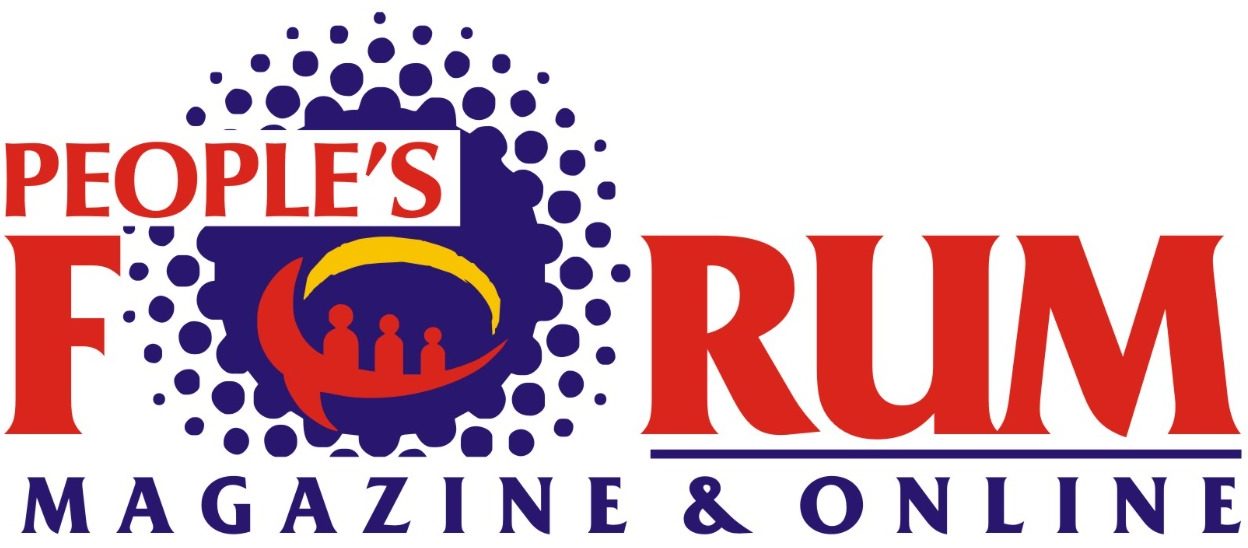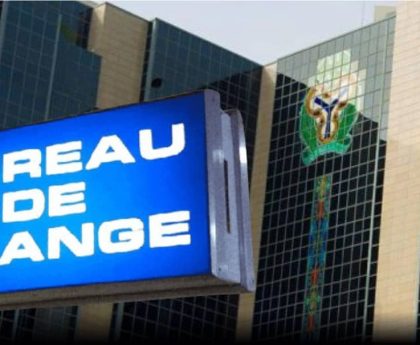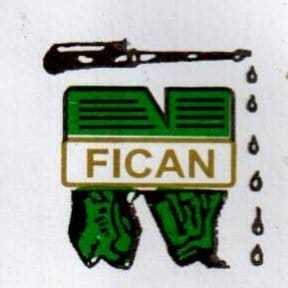Barring last minutes changes, the Nigeria Customs Service and 62 other Federal Government agencies are set to lose one of their core functions of revenue collection to the Federal Inland Revenue Service (FIRS).
The proposal to cede revenue collections currently carried out by Customs and the other agencies was being pushed by the Presidential Committee on Tax Policy and Fiscal Reforms, which was set up by President Bola Ahmed Tinubu on Tuesday.
The Committee’s Chairman and a former Fiscal Policy Partner and Africa Tax Leader at PriceWaterhouseCoopers (PwC), Taiwo Oyedele, announced that the Nigeria Customs Service and 62 other Ministries, Departments, and Agencies (MDAs) of the Federal Government will no longer directly collect revenue.
Oyedele, who was speaking on a current affairs program on Channel Television Wednesday, Sun Rise,
said the responsibility for revenue collection for these MDAs will be transferred to the Federal Inland Revenue Service (FIRS) which is best suited for the purpose.
Defending the significant shift in revenue collection procedures, Oyedele stated that Nigeria’s revenue collection from taxes is among the lowest globally, while the associated cost of collection remains disproportionately high.
He stressed that many MDAs, which were not originally designed for revenue collection, have been burdened with this task, diverting their focus from their core functions that are essential for economic facilitation.
“The objective is to enable organizations like Customs to concentrate on trade facilitation and border protection, and regulatory bodies like the Nigerian Communications Commission (NCC) to focus solely on telecommunications regulation.
” This realignment will enhance efficiency, decrease collection costs, and promote transparency in revenue management.”
He acknowledged that there might be resistance from stakeholders who currently benefit from the existing process, but underscored the committee’s intention to ensure that revenues are directed to the government as intended.
“Ironically, our cost of collection is one of the highest. And the reason for that is that we’ve got all manners of agencies. The Federal Government alone, we have 63 MDAs that were given revenue targets last year, no; actually in the 2023 budget,” he said.
“And two things that would come up from that: on one hand, these agencies are being distracted from doing their primary function which is to facilitate the economy. Number two, they were not set up to collect revenue, so, they won’t be able to collect revenue efficiently.
“So, move those revenue collection functions to the FIRS. It has two advantages: the cost of collection and efficiency will improve, these guys will focus on their work, and the economy will benefit as a result.
“It can be your revenue and someone else can collect it for you. There will be more transparency because you see what is being collected and is accounted for properly. It is also a way of holding ourselves to account as to how we spend the money we collect from the people.” declared Oyedele.
Stakeholders, however expressed their reservation on the plan, saying that it will mean that FIRS officials will be posted to all the entry points in Nigeria including industries for excise duty.
They feared that this may cause some bottleneck and increase cost of clearing goods.
Tthe economic team of President Tinubu had earlier proposed the merger of Customs, NIMASA and the FIRS.
Stakeholders outcry against the proposal might have forced government to jettison it.





